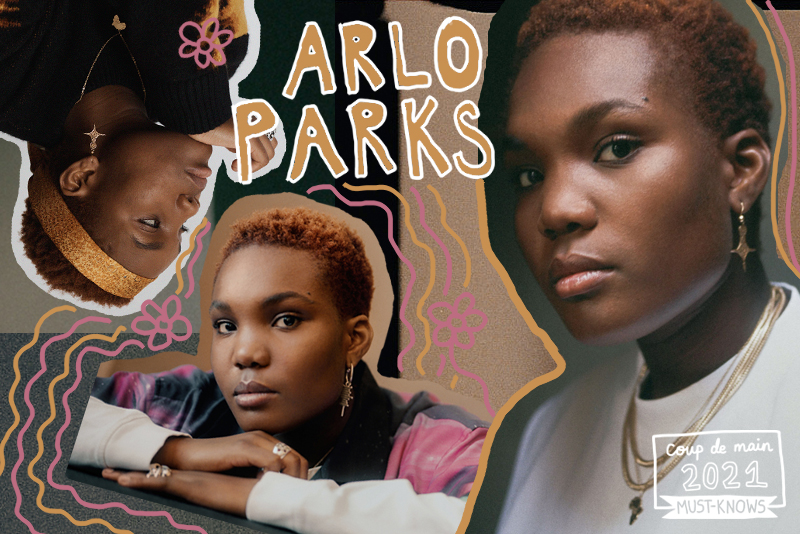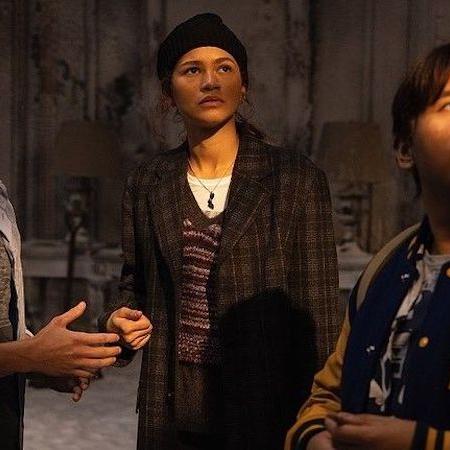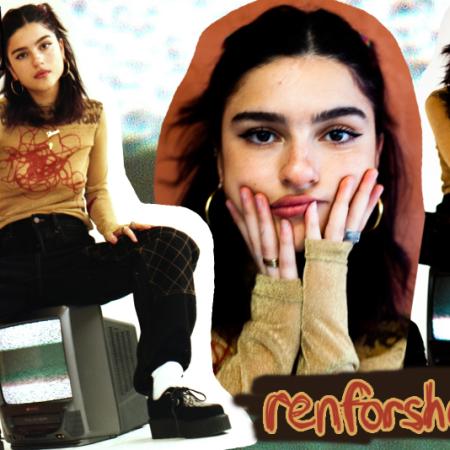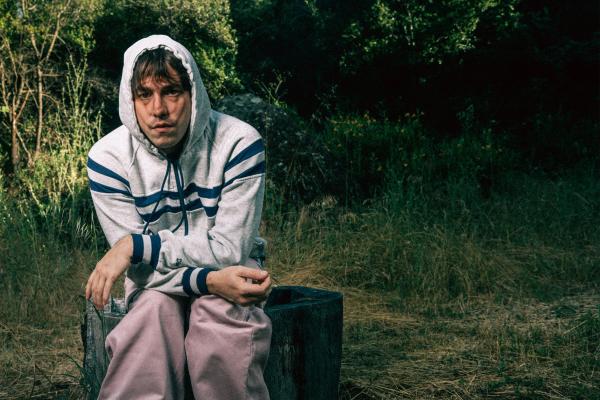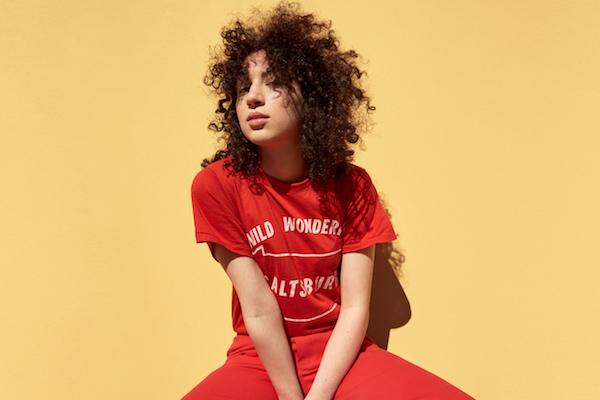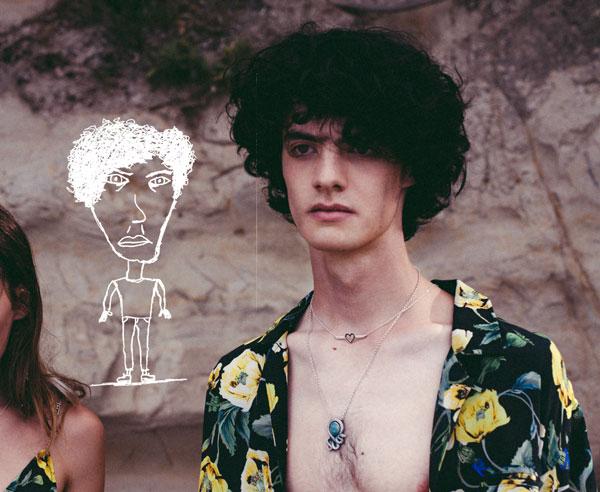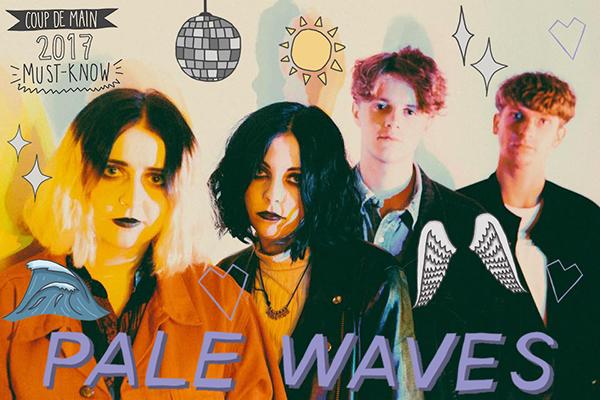"My album is a series of vignettes and intimate portraits surrounding my adolescence and the people that shaped it. It is rooted in storytelling and nostalgia - I want it to feel both universal and hyper specific," says Arlo Parks of her impressive debut album, 'Collapsed In Sunbeams' - inspired by Parks rereading a dairy she had begun keeping when she was thirteen, and named after a phrase in Zadie Smith’s 2005 book 'On Beauty'.
Exploring what it's like to be human, Parks is empathetic and expressive on 'Collapsed In Sunbeams' ("You play him records I showed you / Read him Sylvia Plath, I thought that that was our thing," she reprimands in 'Eugene'), and it's not hard to see why the likes of Billie Eilish, Florence Welch, and Michelle Obama have all pledged their support, with Phoebe Bridgers recently asking Parks to accompany her live for a Radio 1 Piano Session and Clairo collaborating with Parks on an album highlight; 'Green Eyes'.
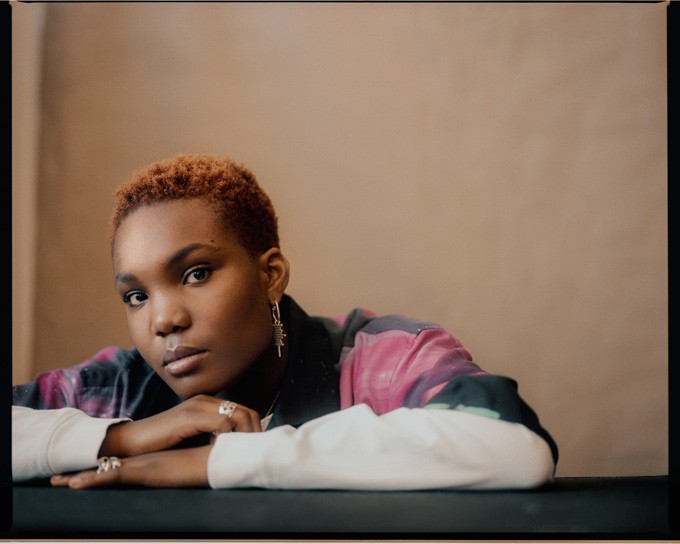
MUST-LISTEN: 'Green Eyes', 'Just Go', 'Eugene'.
YOU WILL LIKE, IF YOU LIKE: Lianne La Havas, Solange, Clairo, Jorja Smith, Phoebe Bridgers, Raveena, Petals For Armor... and banishing toxic energies from your life.
COUP DE MAIN: "Making rainbows out of something painful," you say in 'Portra 400'. Is that how you feel about songwriting?
ARLO PARKS: Definitely, I think the word that comes to mind when I think about songwriting is metamorphosis. The ability to transform some hard, internal kernel of pain or joy into art, into something that has a form and a rhythm and the potential to help other people. I’ve always made music as a way of processing experiences, of coming to terms with difficult things, and of understanding myself. That line is the crux of why I write.
CDM: You open 'Too Good' with an age-old question: "Why'd we make the simplest things so hard?" Do you feel better equipped to answer this question now, looking back at that song?
ARLO: I think it’s still something that I haven’t quite figured out. It’s part of human nature to overcomplicate, overthink and overanalyse things I think, but I’ve definitely grown up a fair bit since the time I was writing about. I think at the time I wanted romantic feelings to be warm and simple when in reality there are so many facets and knots when it comes to love - acknowledging that was definitely an important step.
CDM: To describe the subject of that song you say, "Never use your words to show you care," which probably also rings true of at least one person in the life of any listener. Why is communication so difficult?
ARLO: I think true communication comes down to honesty and honesty is hard. Vulnerability, healthily vocalising concerns or hurt, saying “I love you”, saying "that hurt me", these are all very hard things to do because it’s almost like showing a weak point in your armour. The best friendships and relationships I’ve had are ones where both parties have a degree of transparency with each other and there’s a distinct lack of judgement - you both feel safe enough to bare your soul a little bit.
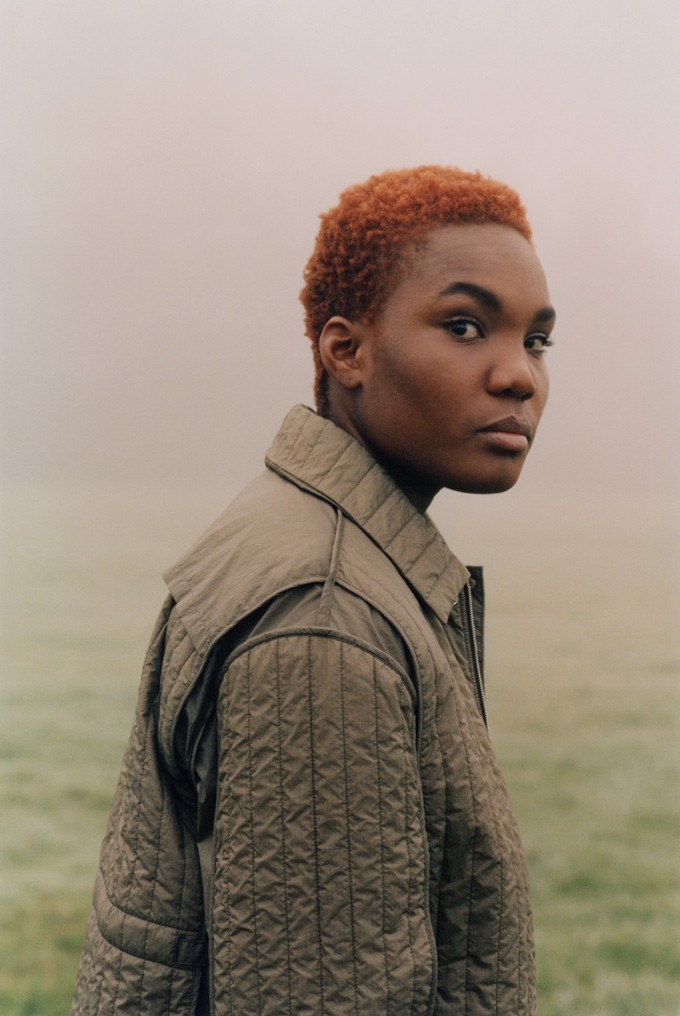
CDM: Is it possible for relationships (or friendships) to work out between people with opposing love languages (words of affirmation / quality time / receiving gifts / acts of service / physical touch)? Or is incompatibility too insurmountable?
ARLO: I think a big part of making a relationship work is compromise - no one else holds the exact same values, interests, communication style, and expectations as you. Getting to a place of accepting and working around those differences whilst respecting each other’s boundaries is important in any relationship. Of course, sometimes people are polar opposite at their core and the differences are too insurmountable.
CDM: "You're not alone like you think you are," you repeat as a refrain in 'Hope'. Was it important to you to bring solidarity to listeners through this song?
ARLO: Yes, I mean, with this song I was just writing down what I would want my friends to hear in their darkest moments. There’s definitely an awareness in me that people are listening to my songs, so I guess I wanted this chorus in particular to be more universally healing - I imagined a room full of people singing it together at a gig or festival and looking around them to see that they truly and definitely were not alone.
CDM: What was it like working with Clairo on your song 'Green Eyes’?
ARLO: It was lovely, she’s a gem, a really, sincerely kind human being with the most encyclopaedic music knowledge ever. The collaboration was super organic, we were just honest fans of each other, and I think she added something very tender to the song. Her first few Soundcloud demos inspired me a lot when I was starting to make tunes, so working together was a big moment for me.
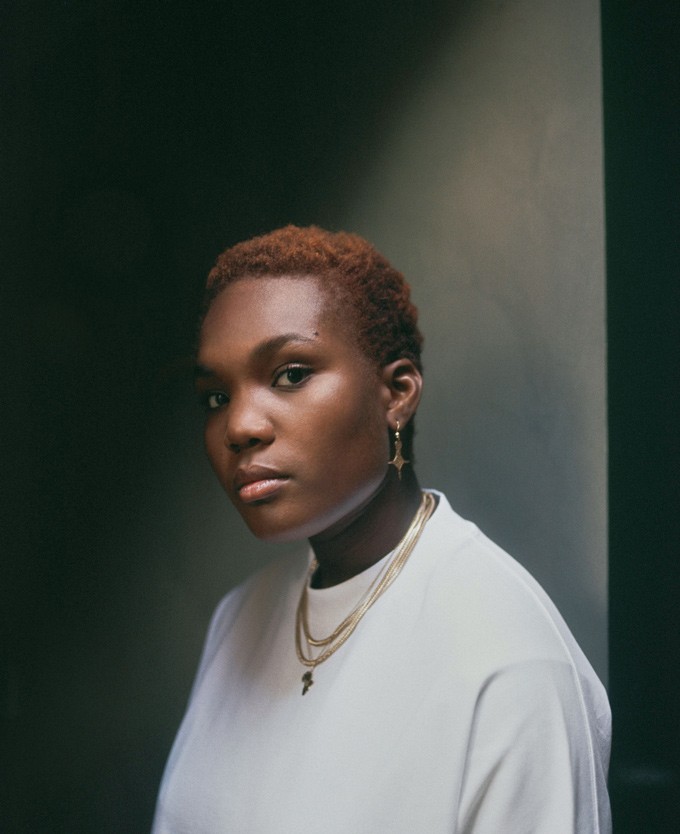
CDM: You address the impact of homophobia on a past relationship in 'Green Eyes' and this song is sure to be really meaningful to a lot of people. Recognising and increasing the visibility of LGBTQI+ struggles is important. What else do you think should be done to help change these harmful societal attitudes and behaviours?
ARLO: I think it’s a question of education honestly - deconstructing ignorant behaviours or thought patterns at a community level, like actually breaking down why people think what they think, listening openly and patiently, then working from there. Practically, I’m not sure how that would work, but I think working at a more grass roots level and creating more safe spaces for LGBTQI+ kids is important.
CDM: You write really movingly about a lot of painful feelings on your album, but one of the most poignant moments is in 'Caroline' when you describe a fight between a couple and recount: "Eyes so bright with disappointment / I saw something inside her break." Is the loss of hope a point from which there is no return?
ARLO: No, definitely not. I think we’re more resilient than we think and hitting that rock bottom is never irreversible. Throughout our lives we’re always finding hope in different forms and places, I think it’s this fluid process where we have it, lose it, find it - trusting that hope will return at some point is important.
CDM: What was running through your mind while writing 'Just Go’?
ARLO: I wanted to explore the idea of setting boundaries and standing up for yourself. When you’re young you experience things so intensely and I wanted to create a disco tune that celebrated banishing toxic energies from your life. It’s a song you can dance to, or cry to, or reflect to - the best songs are slightly bittersweet in my opinion.
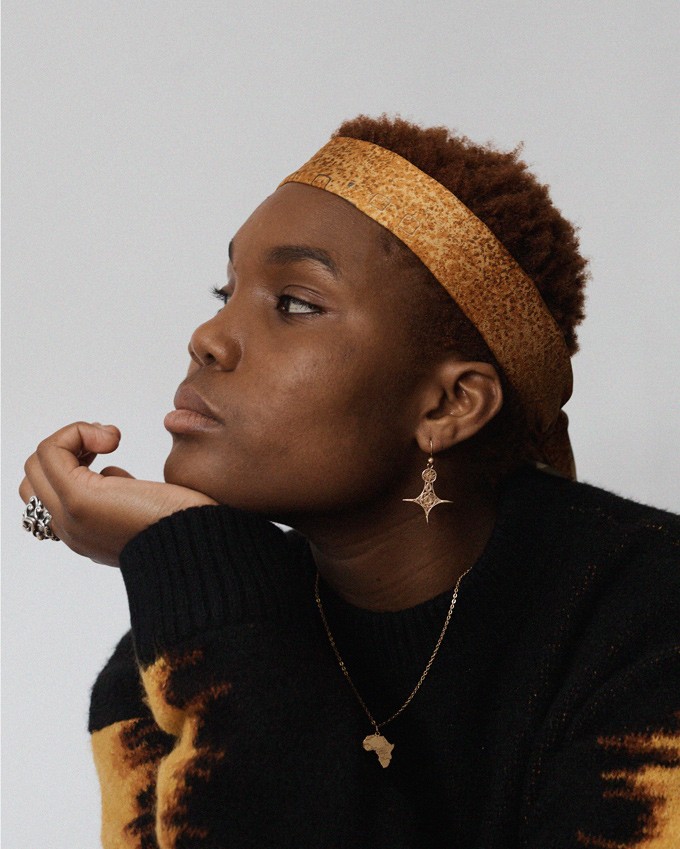
CDM: One of the hardest things about growing up is learning how to set boundaries with other people. What do you feel you've learnt about boundaries since writing ‘Bluish'?
ARLO: That it’s always going to be hard, but ultimately it’s so important. Being treated poorly or feeling like your lines in the sand aren’t being respected can be very painful. Leaving someone you genuinely love can be so hard, but I think I’ve learnt that people are worthy of healthy love and need to be held accountable.
CDM: How does your songwriting process work?
ARLO: It’s very fluid, recently I’ve been having melodies coming to me out of the blue in the shower, or when I’m walking by the river which has been interesting. For this record though, the emphasis was on the words - I would spend ten minutes writing a stream of consciousness or hear a chord progression that immediately reminded me of a poem or a diary entry. The sonic world would form around the written content.
CDM: Lyrically, what's your favourite song that you’ve written?
ARLO: I think it’s 'Portra 400', the line "boiled blood star shifts in the window of my eye" is one I’m particularly proud of. Distilling complicated emotions into something that feels clear and intentional is my goal when I write, and I think I achieved it in that song.
CDM: What do you think is the difference between a good song and a great song?
ARLO: I think a great song can be stripped down to just the voice and a guitar or piano - it doesn’t need a web of production to support it. A great song genuinely transports you and somehow makes you feel warm and full.
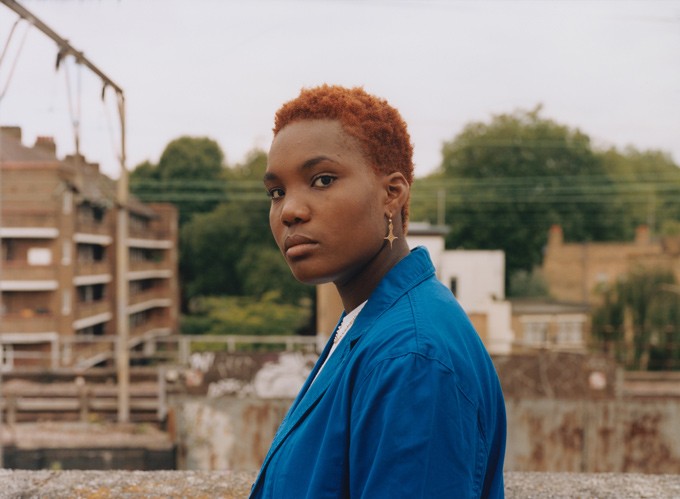
CDM: At what age did you write your very first song ever, and what was it about?
ARLO: I was probably about 14 or 15 and I’m pretty sure it was about someone I had a crush on at the time. I honestly don’t remember what it was called, but I think it surrounded the beach or running away to somewhere warm with someone for the summer holidays.
CDM: What do you hope for people to take away from listening to your music?
ARLO: I hope they feel moved in some way, whether it hits them profoundly or there’s a more surface level of enjoyment, I want people to feel like it gets them in their soul somehow. I want people to feel like it’s okay to be vulnerable and completely themselves.
CDM: If A.R.L.O. P.A.R.K.S. were an acronym, what would each letter stand for?
ARLO: Art Rooibos Love Olives Paint Azure Rings Knots Sensitivity.
CDM: What’s on your bucket-list?
ARLO: Going to Japan, becoming a bona fide film buff, acting in an indie film, eating authentic Mexican food, and making an album that causes some kind of shift.
CDM: You’re one of our 'must-know’ artist picks for 2021… who are yours?
ARLO: Joviale, Choker, Joesef, Lizzie Reid, and Molly Payton.
Watch the 'Green Eyes' music video below...


